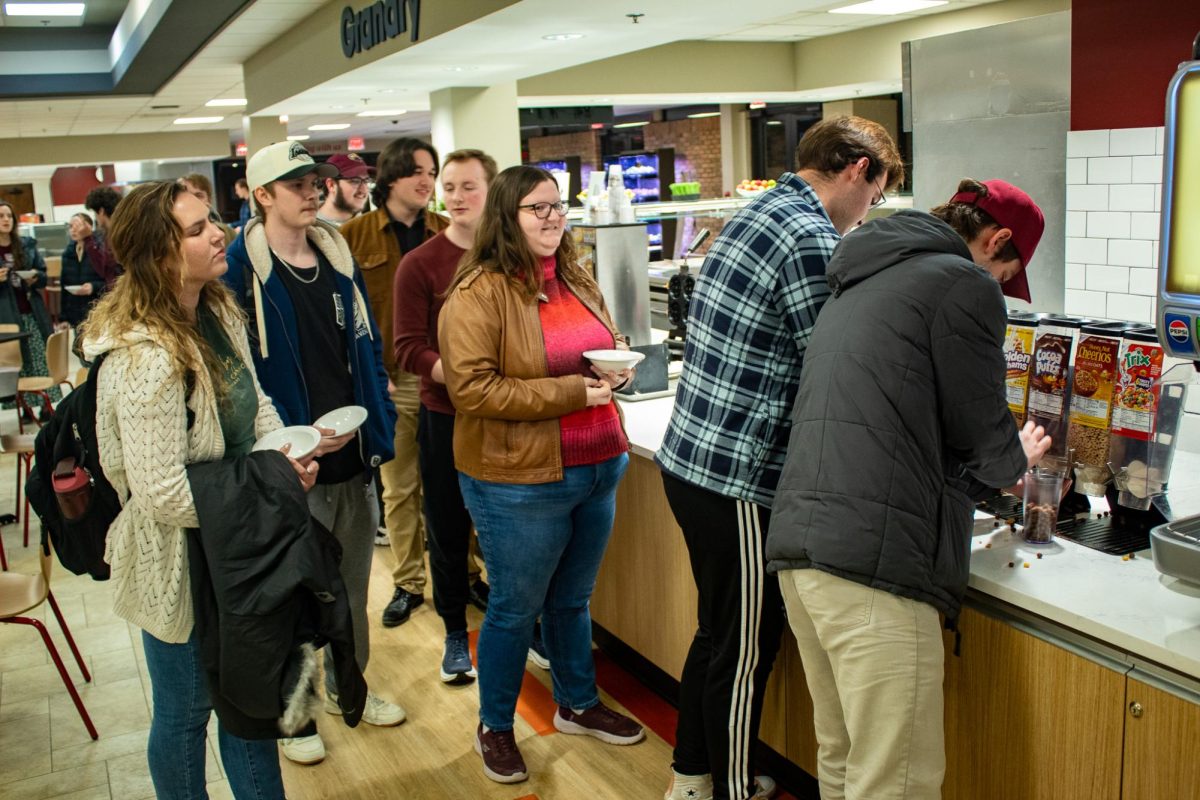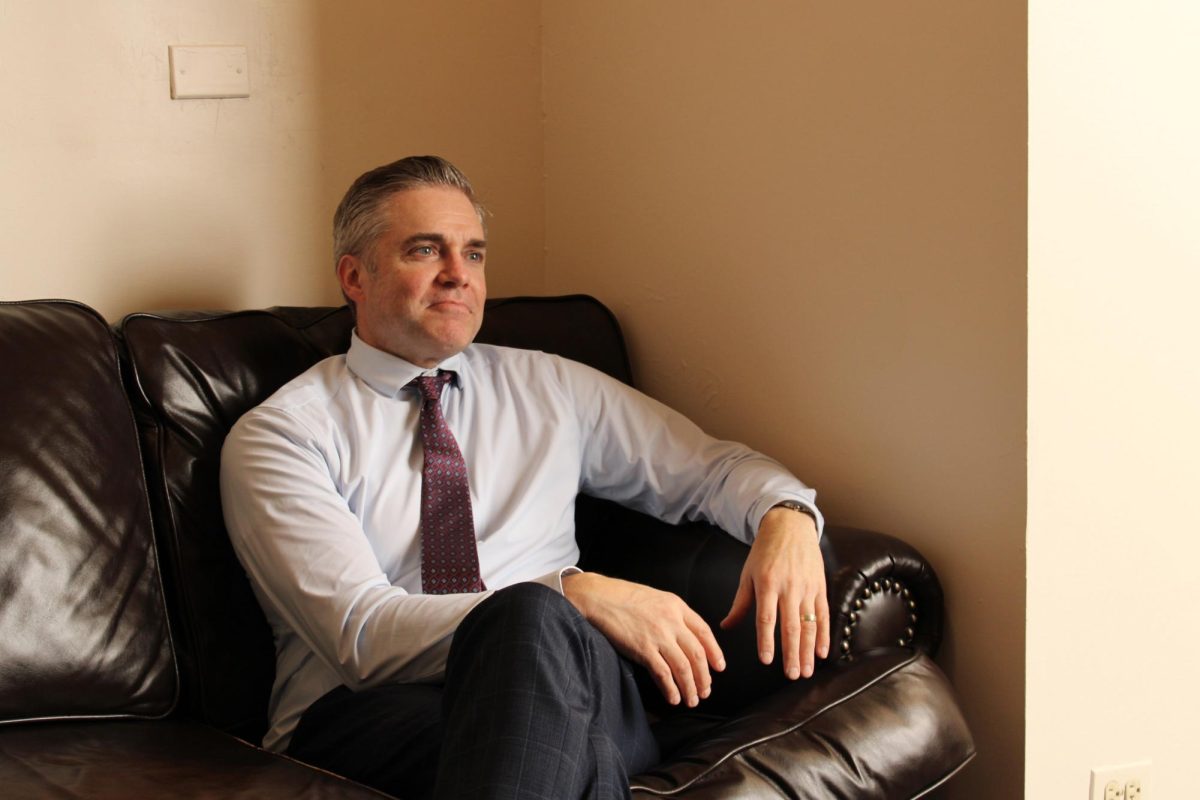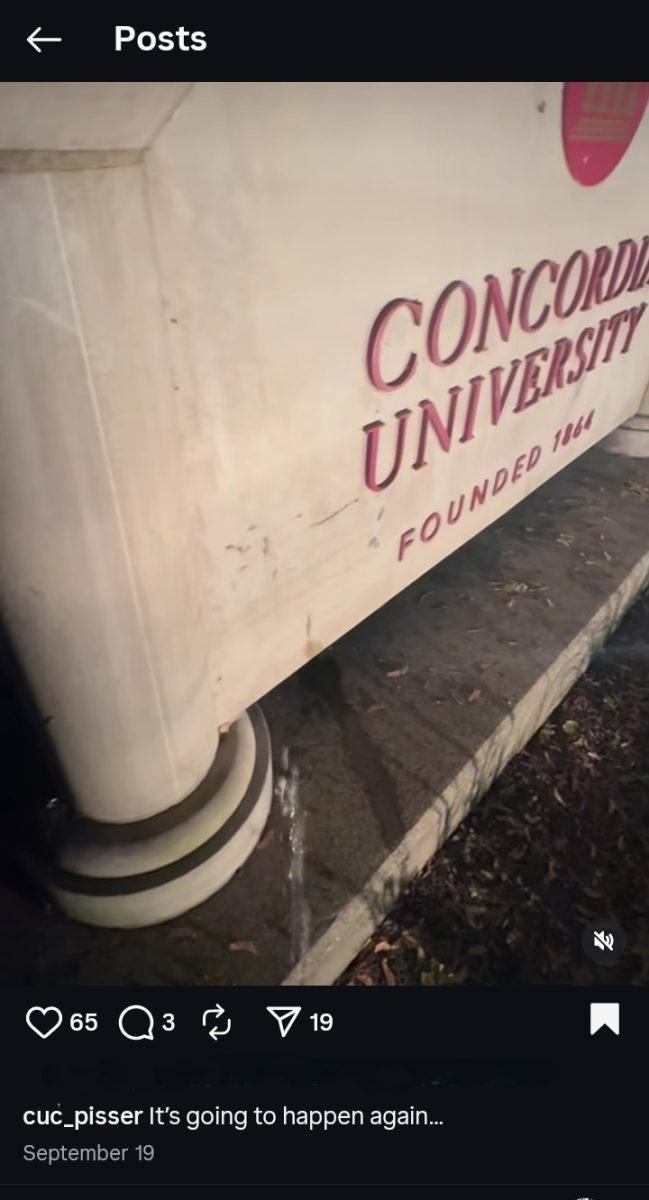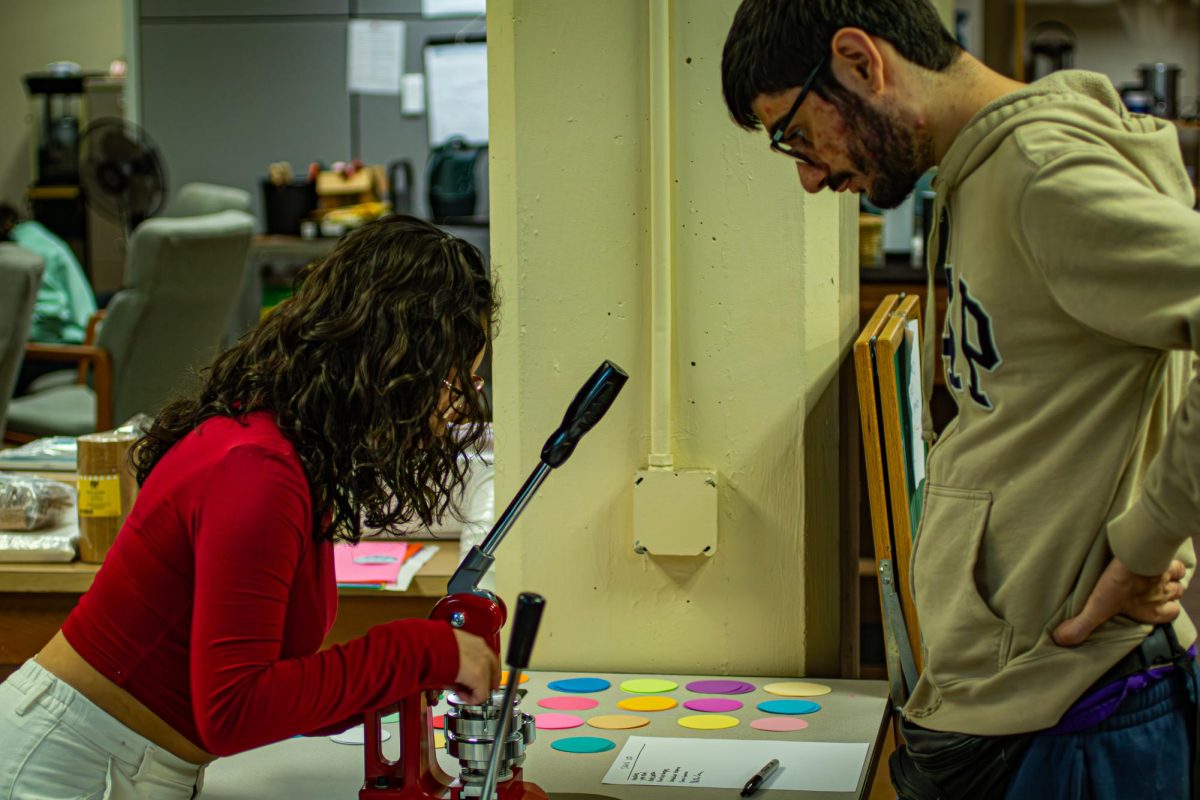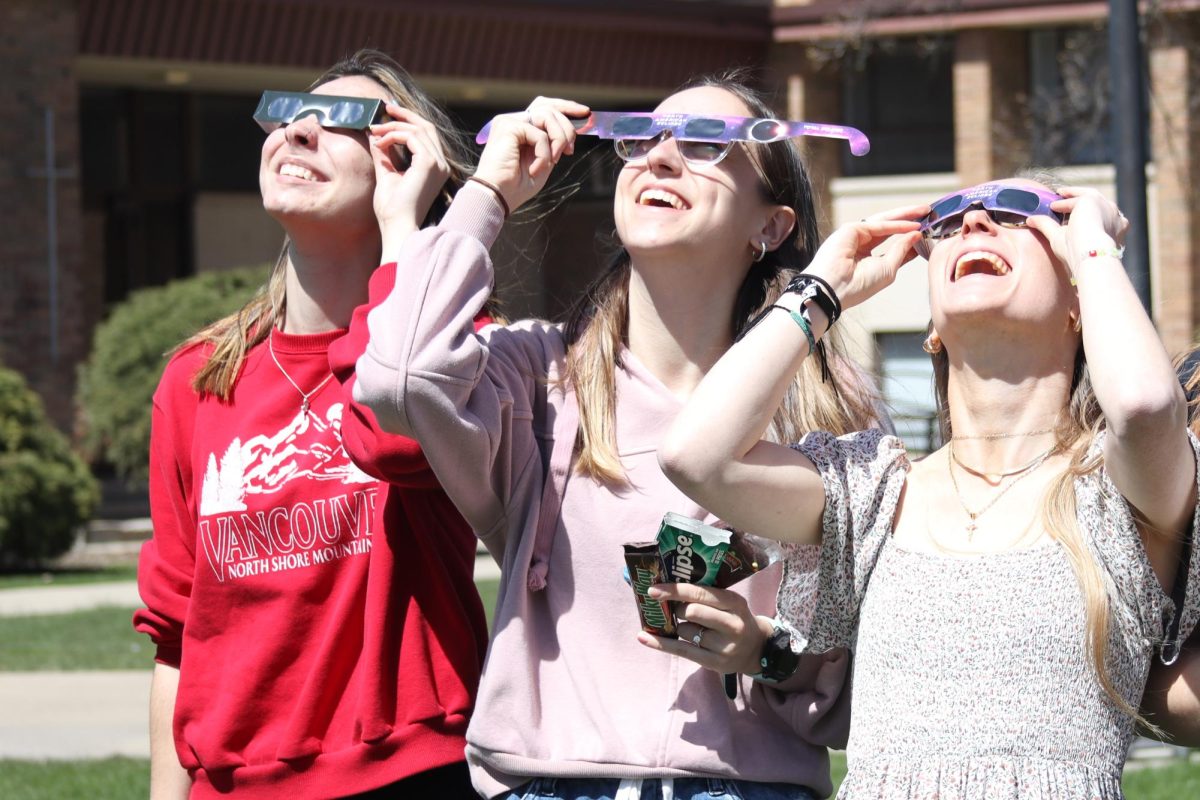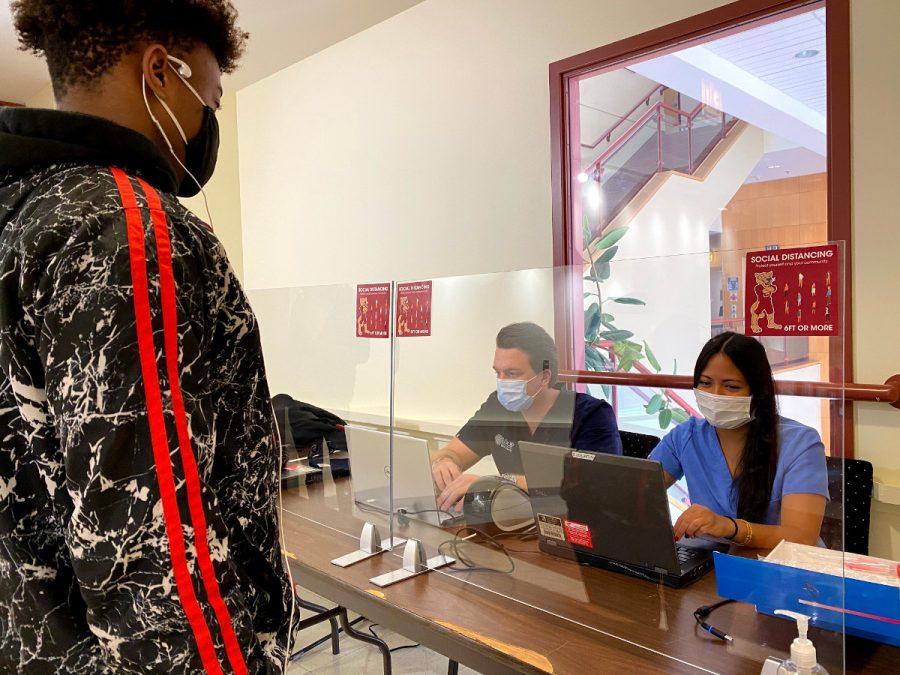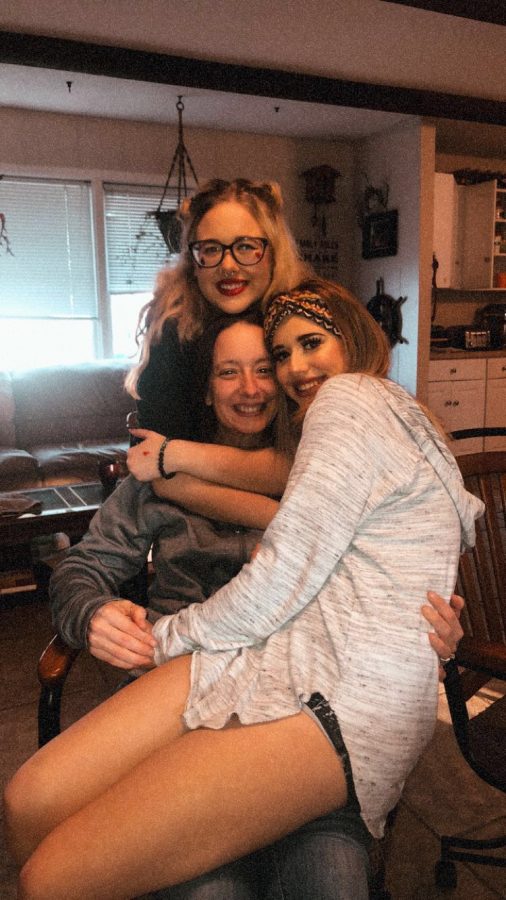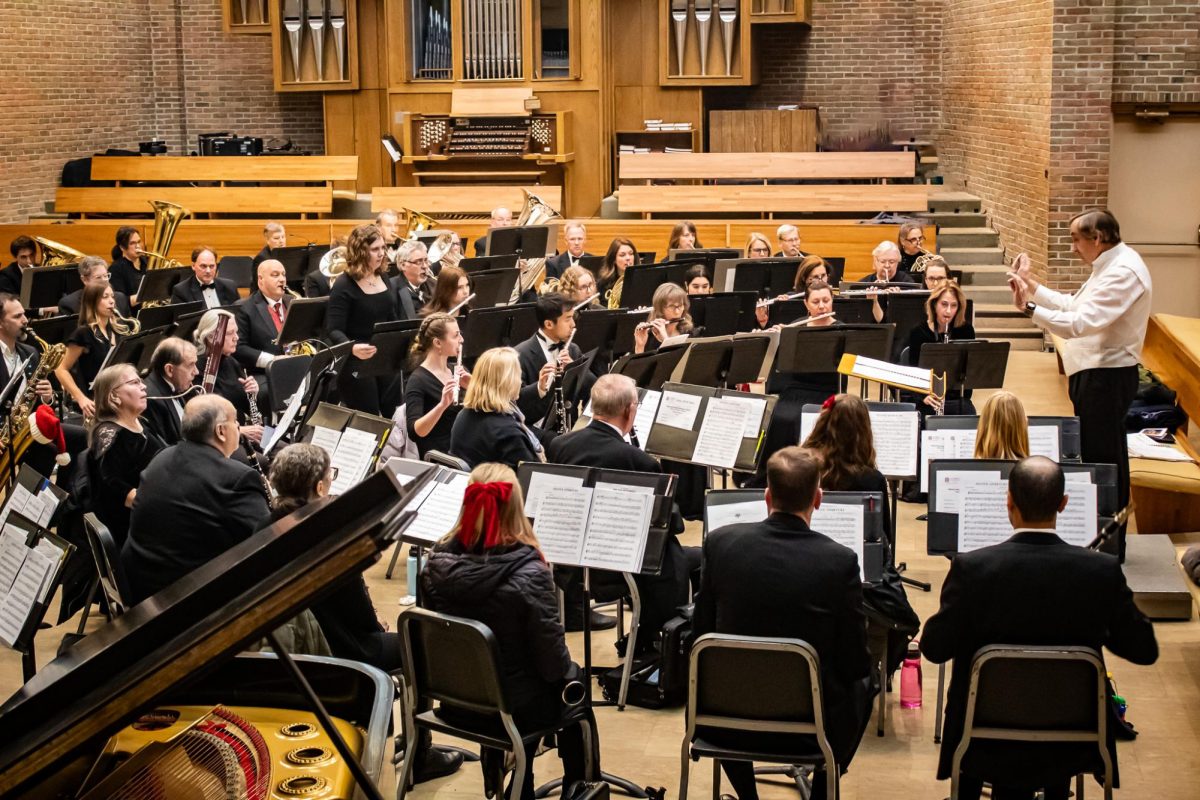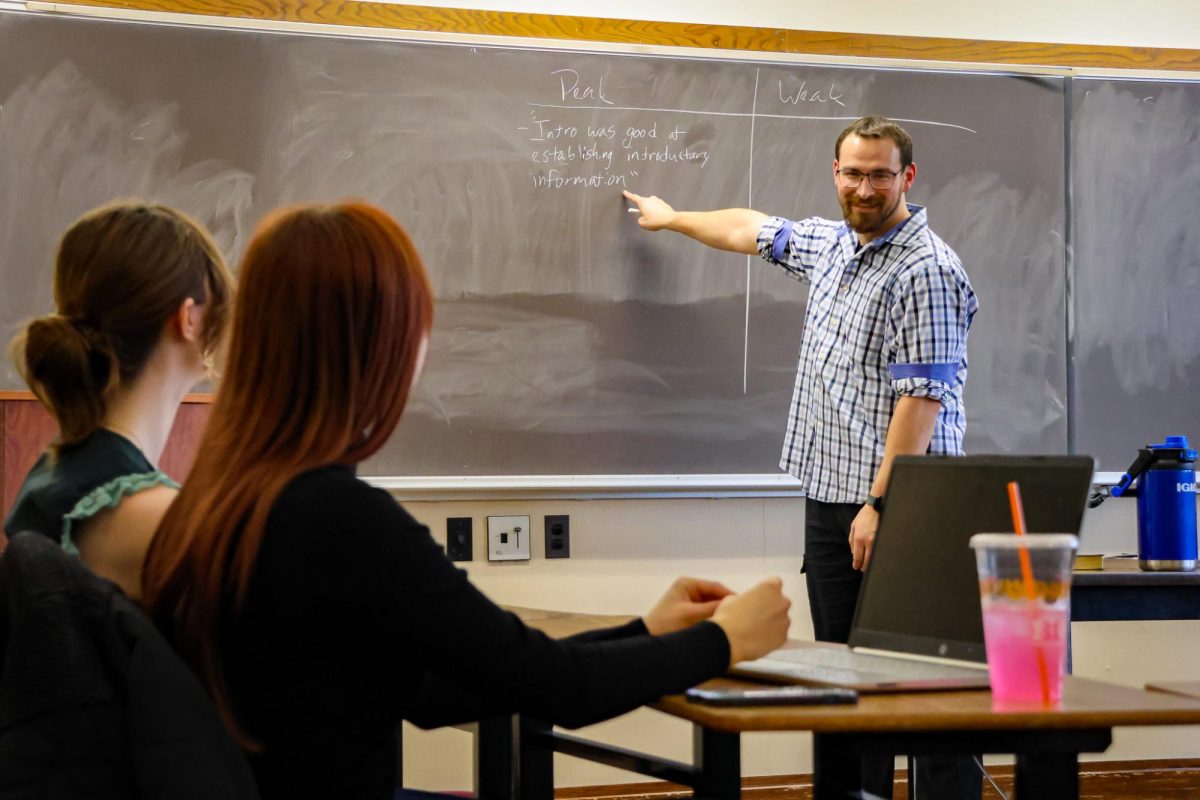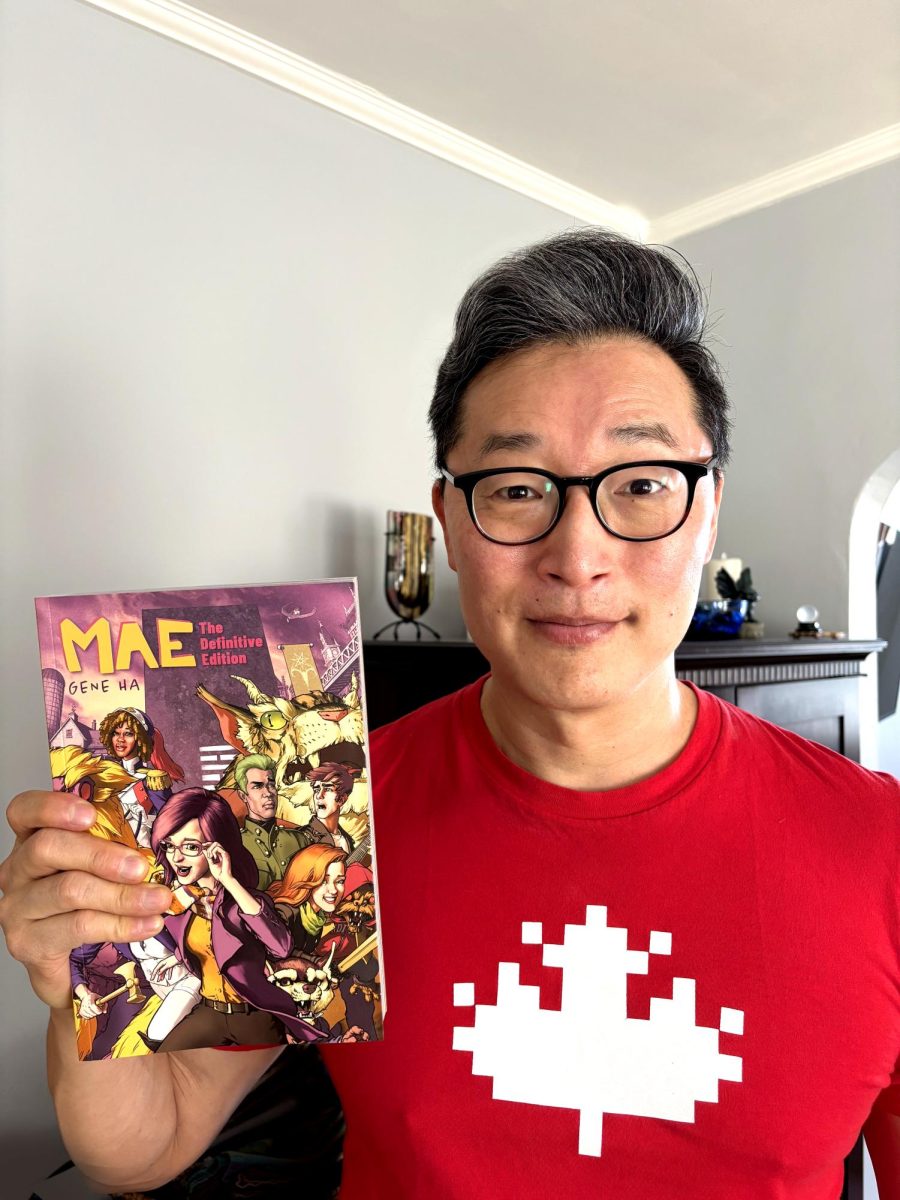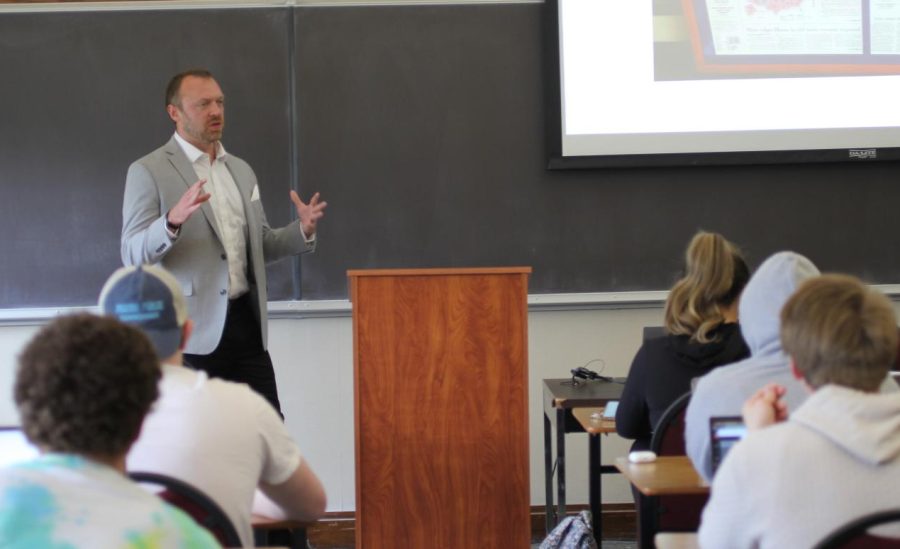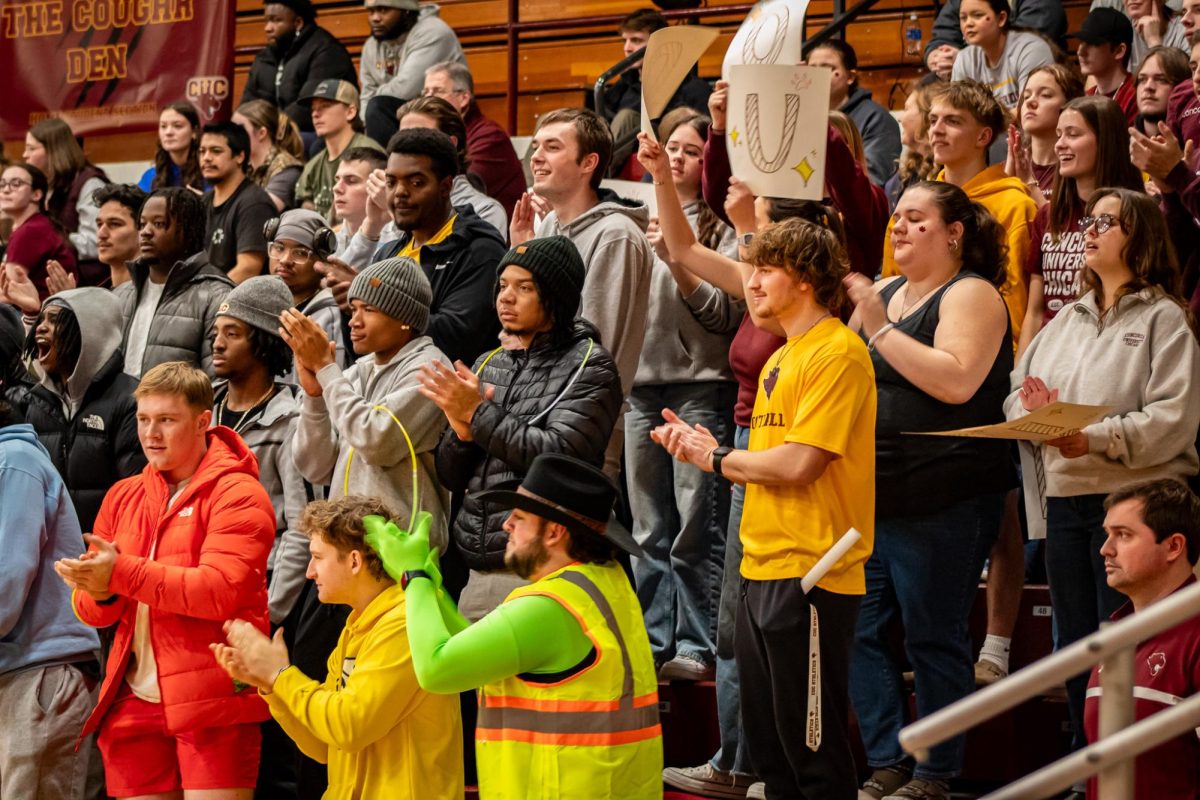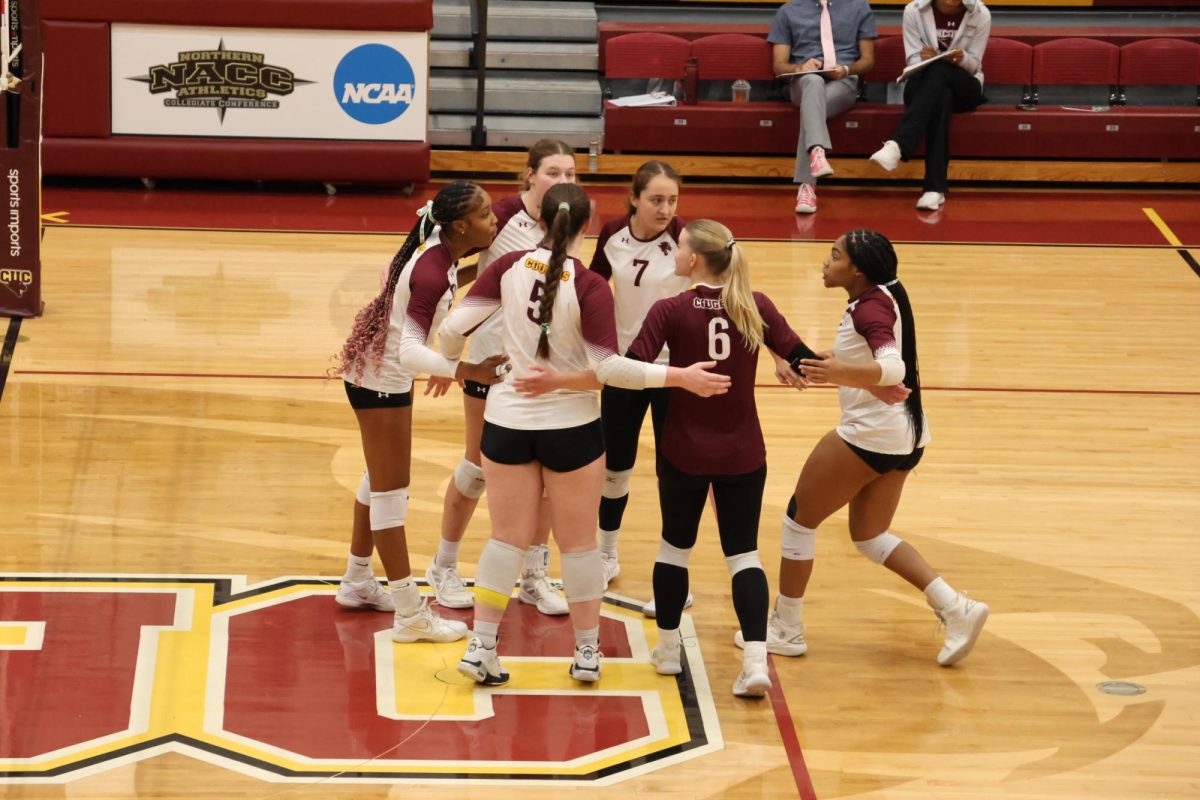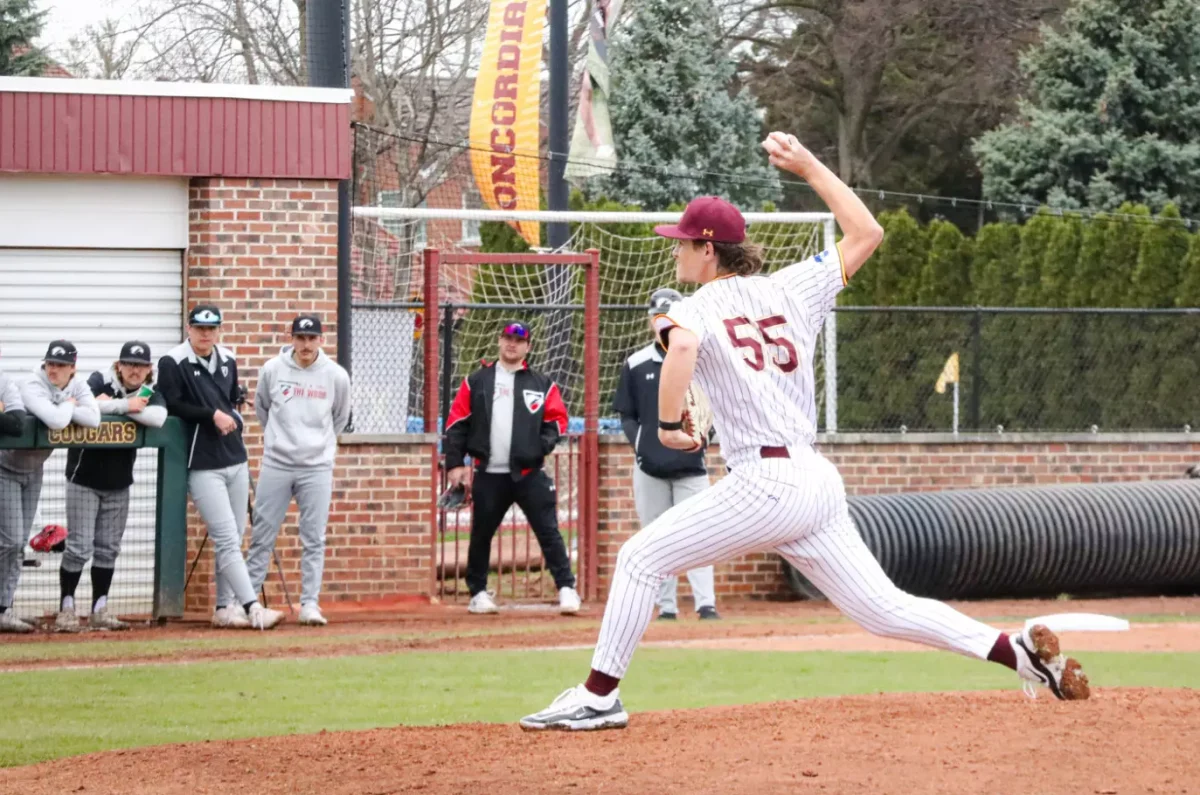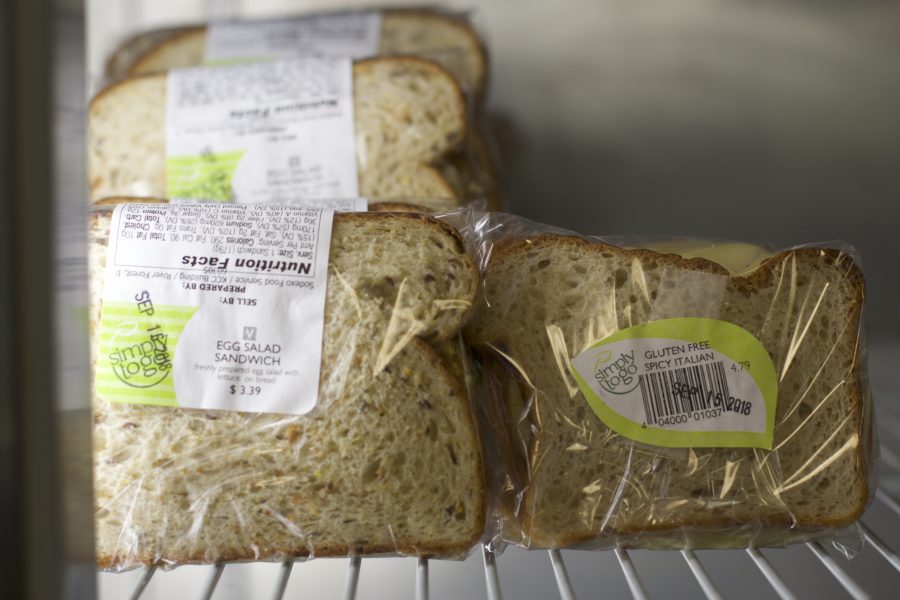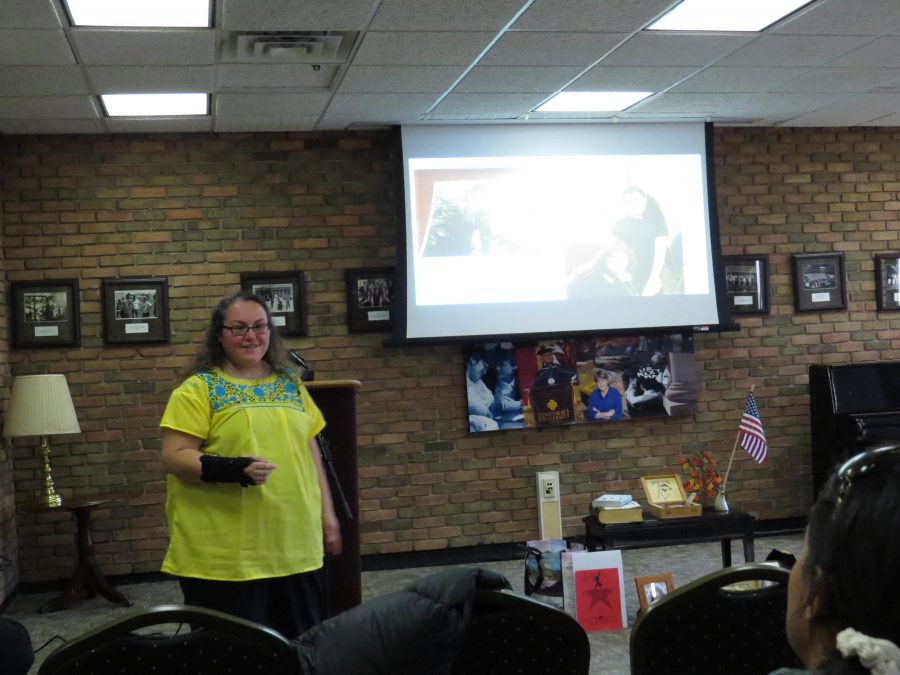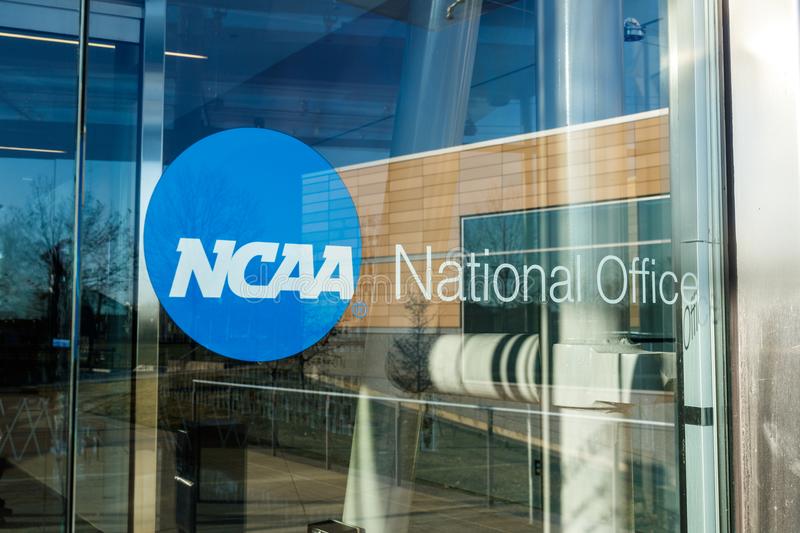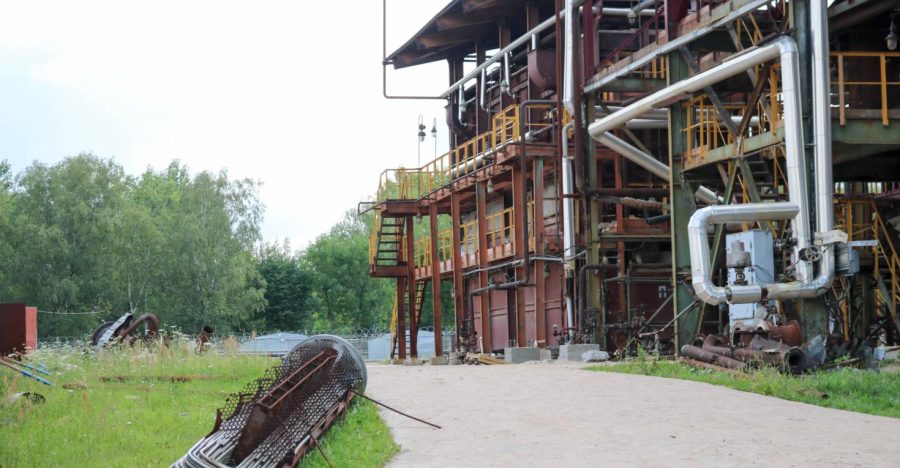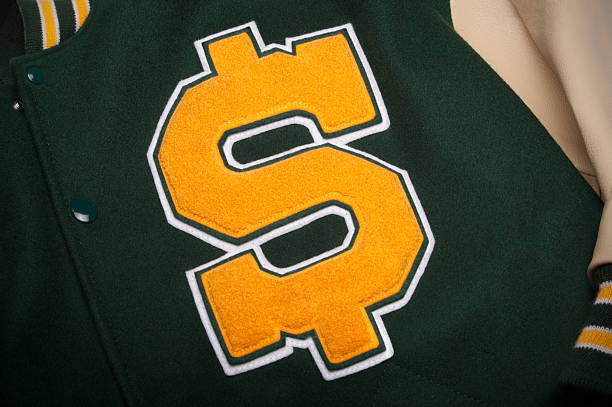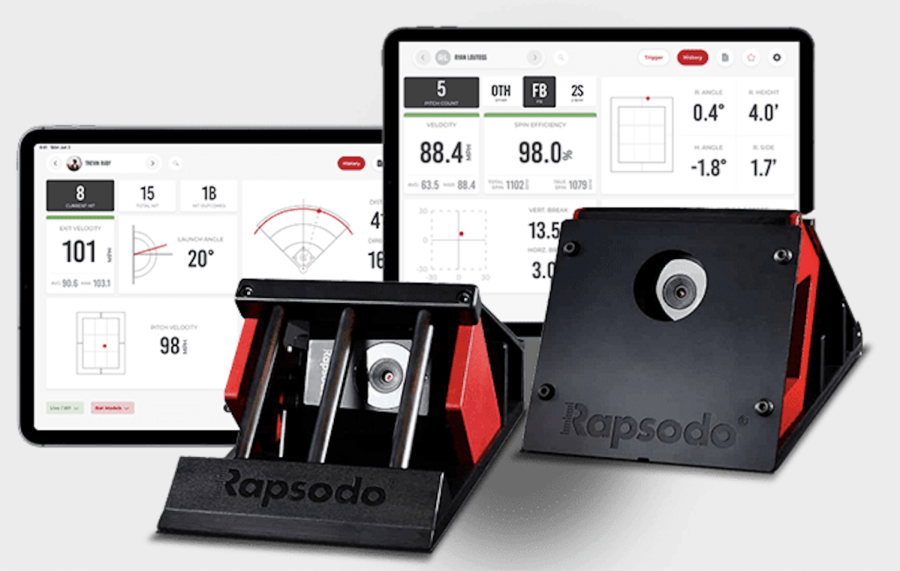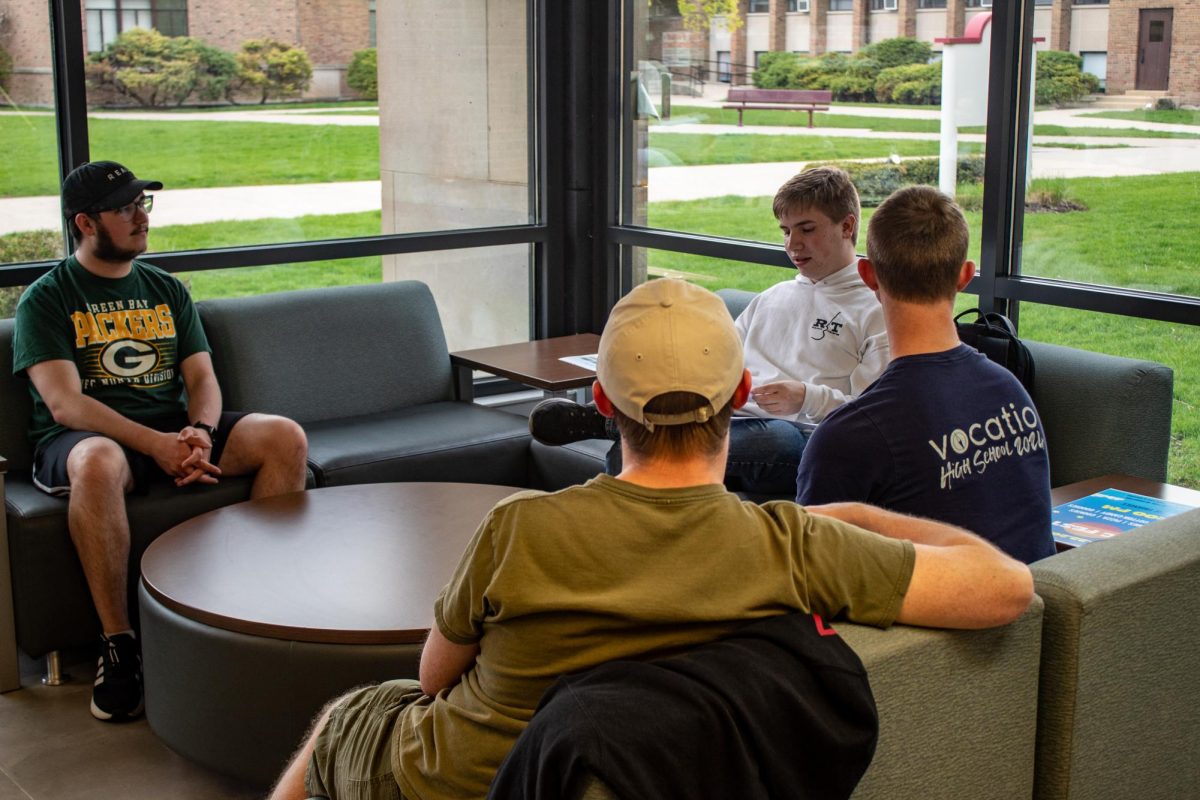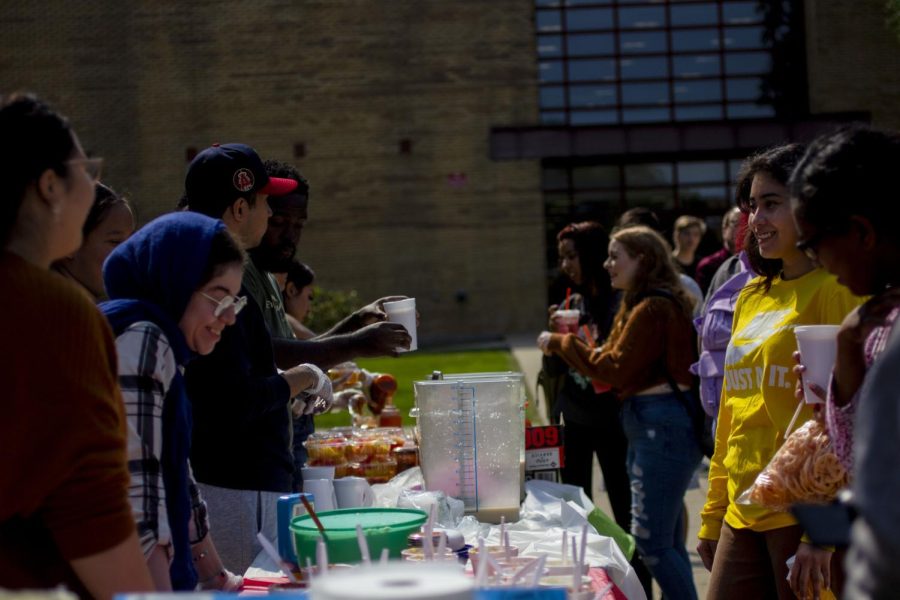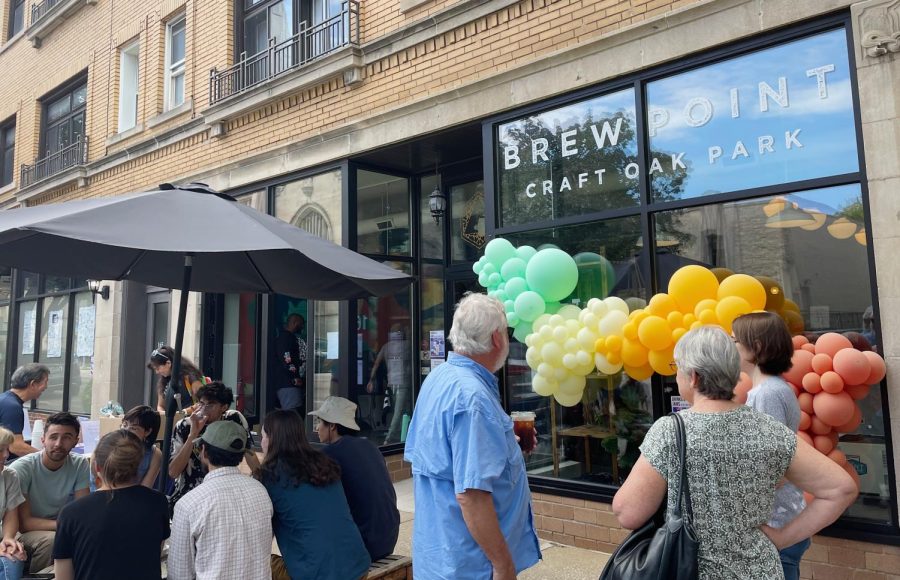The Concordia University Chicago’s College of Business held an Alumni Career Panel on Sept. 28th in celebration of homecoming week. The alumni who spoke were Kelsey Briggs 15’, Vincent Loconti 14’, Pranav Satyal 15’, Allison Spiaser 14’, and Jerry Williams 15’. They shared information and advice about their transition from an undergraduate to a professional in the working world.
The Alumni Career Panel held a series of questions and received many answers from the alumni and questions from those in attendance. Spiaser, who currently works in the financial services industry, said she chose CUC because it gave off a family-like atmosphere the second she left the parking garage to move in on campus. Williams, who works for Progress Rail as a senior pricing and proposal analyst, said he chose CUC because it was affordable. Briggs, an event specialist at Maui Jim Sunglasses, said she chose CUC because she wanted to attend a smaller school. Briggs said she took a campus tour scheduled her high school senior year and before she could complete her tour at CUC she said, “this is it” and “I think this is perfect.”
Loconti, a senior accountant who works for Smith Bucklin Corporation, said looking back at Concordia he was glad that he put effort into his classes because the knowledge gained from them are useful even if you don’t think so.
“There’s a lot of soft skills that I’m using now that I didn’t think I would be using,” said Loconti. Satyal, a technical recruiter at Sterling Engineering, claimed looking back he would have listened to Professor Tim Basadur and majored in marketing because he felt it suited him better, he graduated with a major in management. Briggs said looking back she wished she spent more time on campus and being more involved with clubs.
A question from the audience asked whether or not being involved on campus benefits you in the professional world. Briggs said being involved on campus actually does set you apart in the interview process. College students bring an “energy” to the career world and people hiring look for that. Satyal and Williams described how it can set you apart with how you made an impact and it also allows you to connect with your employers if you were involved with similar activities.
While the process of finding a career right out of college can be intimidating if you don’t know what to do, the alumni encouraged students to apply to companies in their senior year, make a LinkedIn account, go to career fairs on and off campus, and create business cards.
From on campus connections, Director of Career Services, Jerry Pinotti, was a highly recommended source for help after college.
“Allison, come on by, I’m bringing someone from Edward Jones in and I think you would be a great fit,” Pinotti said to Spiaser, years ago. Pinotti sparked Spiaser’s career process with a simple interview.
Prepare for your career with a simple first step of taking down the “funky stuff” from your social media, said Satyal, a technical recruiter. Briggs encouraged students to research companies and apply to them because it will mentally prepare you for the “corporate culture.” Loconti mentioned through the interview process, they aren’t just interviewing you, you’re also interviewing them and their company. Be sure to know what culture you’re applying for because the company is interested in a person to fit that department, said Loconti.
“You’re going to mess up sometimes, but you got to learn from it,” says Williams. Applying for the position doesn’t always mean you are stuck doing one job and Spiaser describes it as wearing different hats, fun but challenging.
Ending the alumni panel with a question that students often ponder, how do you use CUC as an advantage? Satyal was able to flip the question and describe it as an advantage through the interview process. In his interview he was competing with a student from the University of Chicago. Satyal described it as “demoralizing” but it doesn’t have to be that way.
“With Concordia you get individual attention from professors,” said Satyal. He was able to contact his professors with problems and receive solutions much faster.
Basadur said Concordia “is exactly how you make it.”

